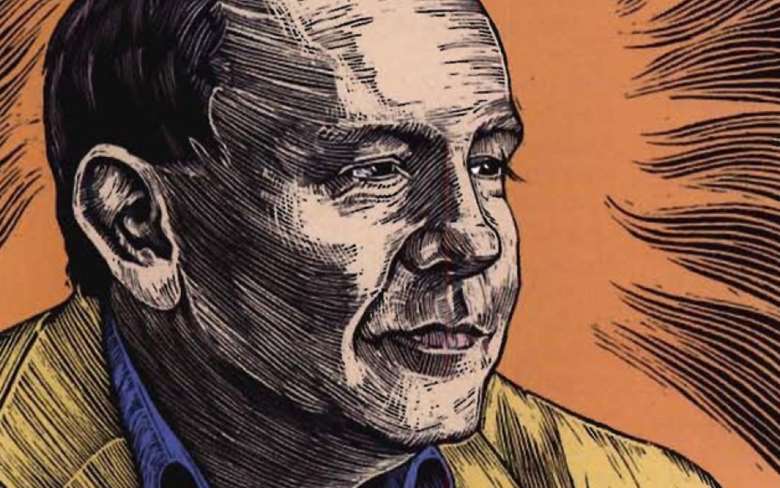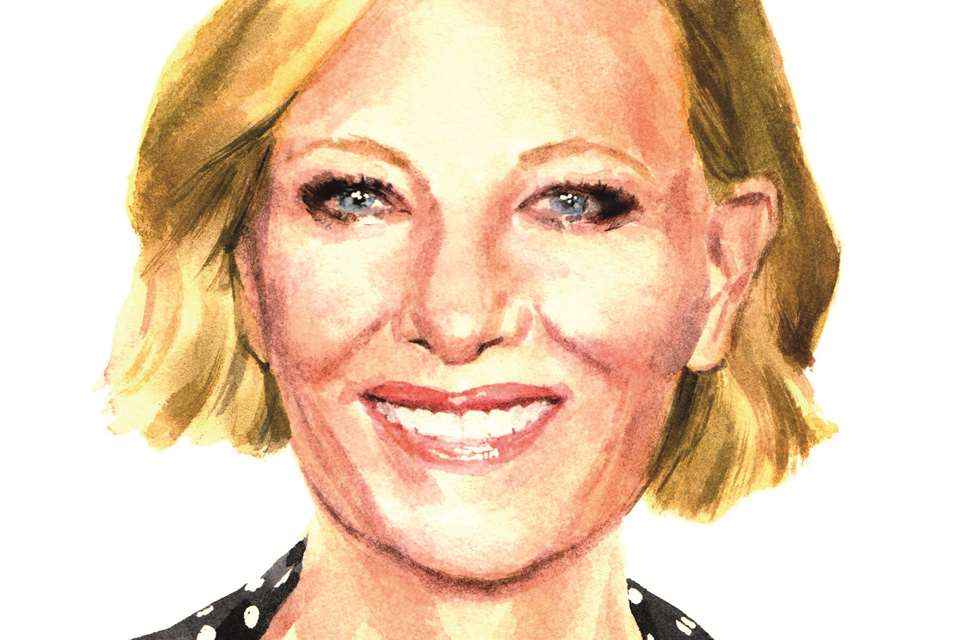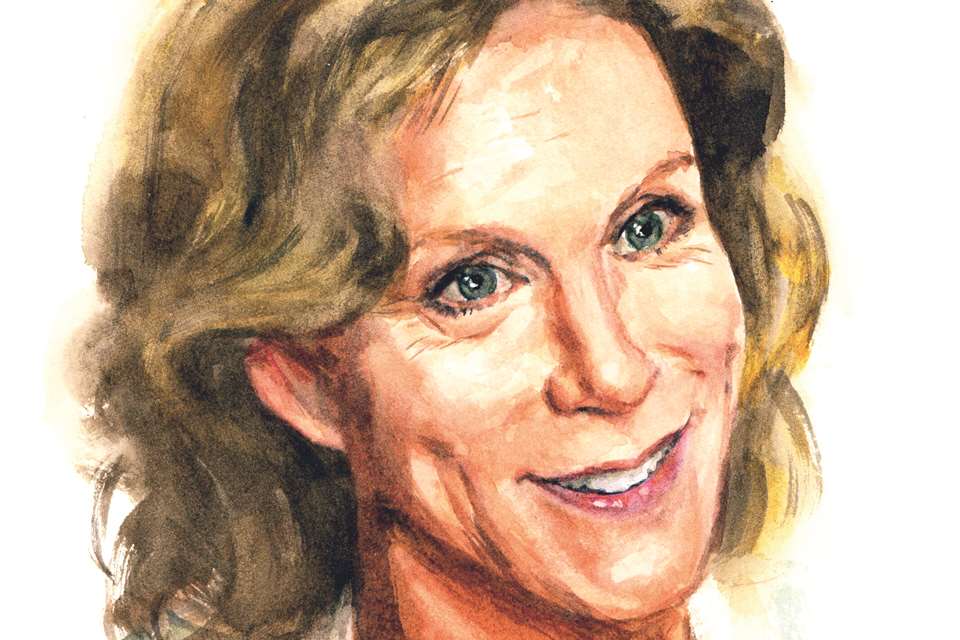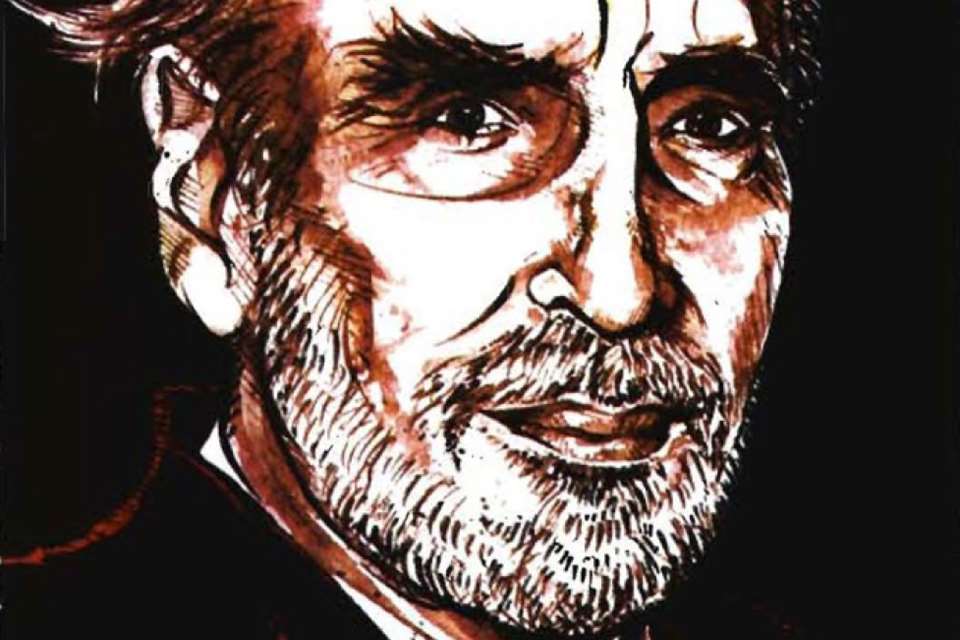Michael Boyd | My Music: ‘The ambiguity of music is really extremely valuable’
Wednesday, August 9, 2023
In 2006 Michael Boyd spoke to Gramophone about how he felt that music could communicate what words could not

Register now to continue reading
Thanks for exploring the Gramophone website. Sign up for a free account today to enjoy the following benefits:
- Free access to 3 subscriber-only articles per month
- Unlimited access to our news, podcasts and awards pages
- Free weekly email newsletter











